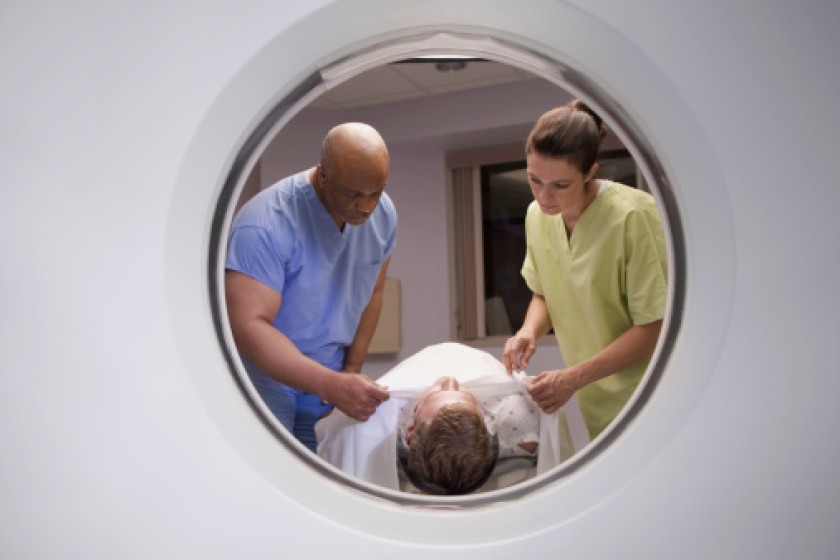National campaigns encouraging the more judicious use of radiological studies are having an impact in reducing Americans’ medical radiation doses.
That’s the findings of a new report from the National Council on Radiation Protection and Measurements, which was released this week.
The results indicate the effectiveness of national initiatives—in particular, The Image Gently and Image Wisely awareness campaigns, radiology and industry collaboration to advance low-dose technologies, growing use of the American College of Radiology’s Dose Index Registry and mandatory accreditation of imaging facilities under Medicare.

Combined, the efforts have produced a 15 percent to 20 percent reduction in medical radiation doses, the report indicates.
“We are pleased, but not surprised, that despite a steadily increasing and aging population, the medical radiation dose Americans receive is going down,” says William T. Thorwarth Jr., MD, chief executive officer of the American College of Radiology.
“The radiology community continues to evaluate additional opportunities to further reduce both collective and individual doses while advancing the contribution of imaging to high-quality care,” Thorwarth adds. “We expect this trend to continue as technology advances and imaging optimization matures.”
Proponents of efforts to limit radiation exposure say the pending federal mandate that providers consult appropriate use criteria before ordering advanced diagnostic imaging for Medicare patients will serve to extend this trend. Studies at the University of Virginia, the Institute for Clinical Systems Improvement, Partners Healthcare and elsewhere indicate that AUC-based clinical decision support use improves imaging appropriateness, which can prevent unnecessary radiation exposure and lower cost.
“This NCRP report provides factual information to enable lawmakers, patients and the radiology community to make informed healthcare decisions. We need to continue to build on this success by moving forward with the Medicare AUC mandate. It is the logical next step,” adds Thorwarth.
